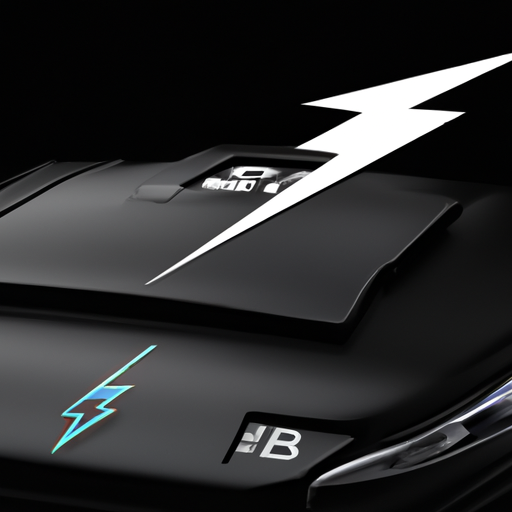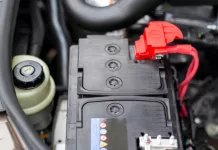The greatest barrier to progress in the field of electric vehicles (EVs) is the improvement of battery technology. The focus is on extending the range of travel, enhancing safety, and guaranteeing dependability.
Introducing a Lithium-Based Electrolyte Material for Solid-State Batteries
Recent studies have shed light on the capabilities of a groundbreaking lithium-based electrolyte compound, Li9N2Cl3. This discovery is poised to revolutionize the creation of solid-state batteries. These innovative batteries not only display a remarkable speed of recharge, but also have an increased energy storage capacity compared to traditional versions. Moreover, the durability of this solid electrolyte under ordinary atmospheric conditions was observed. An additional bonus is the hindrance of dendrite cultivation. Dendrites are hazardous, tree-like structures that can lead to battery combustion.
Detailed Observations on Lithium Mobility
Investigations were carried out on the movement of lithium within this material, led by Jue Liu, a scientist at Oak Ridge National Laboratory. The researcher utilized neutron experimental procedures to uncover insights about lithium’s behavior.
A Groundbreaking Advance
“The unique features of this material – its stability in dry air, efficient transportation of lithium ions, and its compatibility with metallic lithium- represent a significant evolution,” Liu notes enthusiastically. He continues, “It brings together the best of both worlds. It provides all the positive aspects of the liquid-electrolyte batteries we have become accustomed to, with an added layer of safety and reliability.”
Ref: Lithium-compatible and air-stable vacancy-rich Li9N2Cl3 for high – areal capacity, long-cycling all – solid-state lithium metal batteries
Credit: Originally posted on the Oak Ridge National Laboratory website. Author: Jue Liu, Neutron Scattering Scientist



























